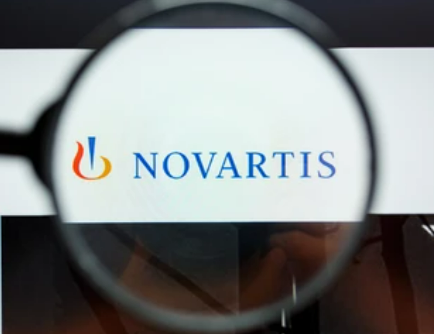
Aria Thomas
Oct 14, 2022 15:02

In a dispute with China's HEC Pharm Co Ltd and other generic drugmakers, the U.S. Supreme Court refused Novartis' plea to delay the launch of generic versions of its blockbuster multiple sclerosis treatment Gilenya on Thursday.
Novartis had petitioned the Supreme Court to postpone a lower court's ruling that overturned a limitation on generic copies of Gilenya, the Switzerland-based company's third-best-selling drug last year, with $2.8 billion in annual sales.
In Delaware federal court, Novartis filed a patent infringement claim against HEC and more than a dozen other generic drug makers after they applied for U.S. Food and Drug Administration (FDA) approval of Gilenya generics.
Novartis secured a settlement with a number of the generic drug manufacturers it had sued, paving the door for the introduction of Gilenya generics earlier to the 2027 expiration of a main patent. Aurobindo Pharma Ltd, Dr. Reddy's Laboratories, and Sun Pharmaceutical Industries Ltd of India, Mylan Pharmaceuticals of Pennsylvania-based Viatris Inc, and Canada's Apotex Inc. reached settlements with Novartis.
In 2010, the FDA authorized Gilenya, a once-daily medicine used to treat relapsing forms of multiple sclerosis, a chronic illness of the central nervous system. Novartis warned in September that the introduction of Gilenya generics will result in a $300 million reduction in revenues for the remainder of 2022.
In June, the Federal Circuit of the United States Court of Appeals for Patents ruled that a key Novartis patent for Gilenya was invalid.
In response to a request submitted by Novartis on September 29, U.S. Chief Justice John Roberts temporarily blocked the Federal Circuit from issuing a mandate on October 4 to overturn a federal judge's injunction barring generic versions of Gilenya based on Novartis' patent claims.
Roberts responded after Novartis indicated that approving the generics would affect the company in "way[s] that could be impossible to determine in an after-the-fact damages trial" and that the company was likely to win an appeal of the underlying case to the Supreme Court.
HEC informed the Supreme Court that Novartis' Gilenya sales generate $3.8 million per day in the United States alone.
HEC warned that if Novartis does not prevail in court, the company will illegally collect $3.8 million per day from payers and patients. "No one will be able to receive a single penny of Novartis's unlawful monopoly income."
According to a corporate spokeswoman, Novartis will "continue to vigorously defend the validity of the Gilenya patent" and will petition the Supreme Court to review the Federal Circuit's verdict.
HEC representatives were slow to respond to requests for feedback.

Oct 13, 2022 11:35

Oct 14, 2022 15:04